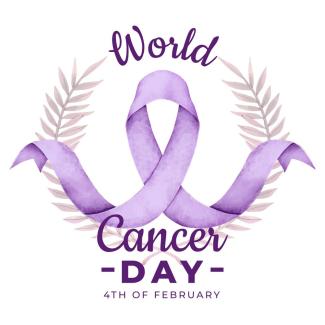This content provides a comprehensive overview of various diseases and health problems, encompassing a wide range of conditions from common illnesses to chronic diseases. You will find detailed descriptions of symptoms, causes, and risk factors, along with insights into prevention, diagnosis, and treatment options. The information is tailored for both general readers and those seeking specific medical knowledge. Additionally, the content includes expert opinions, recent research findings, and resources for further exploration, aiming to empower readers to make informed decisions about their health.
Helicobacter pylori, often abbreviated as H. pylori, is a type of bacteria that can infect the stomach lining and cause various digestive problems. Here's an overview of H.
Headaches are among the most common ailments experienced by people worldwide. They can vary greatly in their intensity, duration, and underlying causes.
Breast cancer prevention involves a combination of lifestyle choices, early detection, and risk reduction strategies.
Regular exercise has long been recognized as a cornerstone of health and well-being, but its impact on longevity is particularly profound.
Cloves, scientifically known as Syzygium aromaticum, are dried flower buds of the clove tree native to Indonesia.
Arthritis is a term that refers to a group of more than 100 different conditions that primarily affect the joints in the body.
Cortisol is a critical hormone produced by the adrenal glands, located just above the kidneys.
Cancer risk is influenced by a combination of factors.
Cortisol is a steroid hormone produced by the adrenal glands, which are located on top of each kidney.









